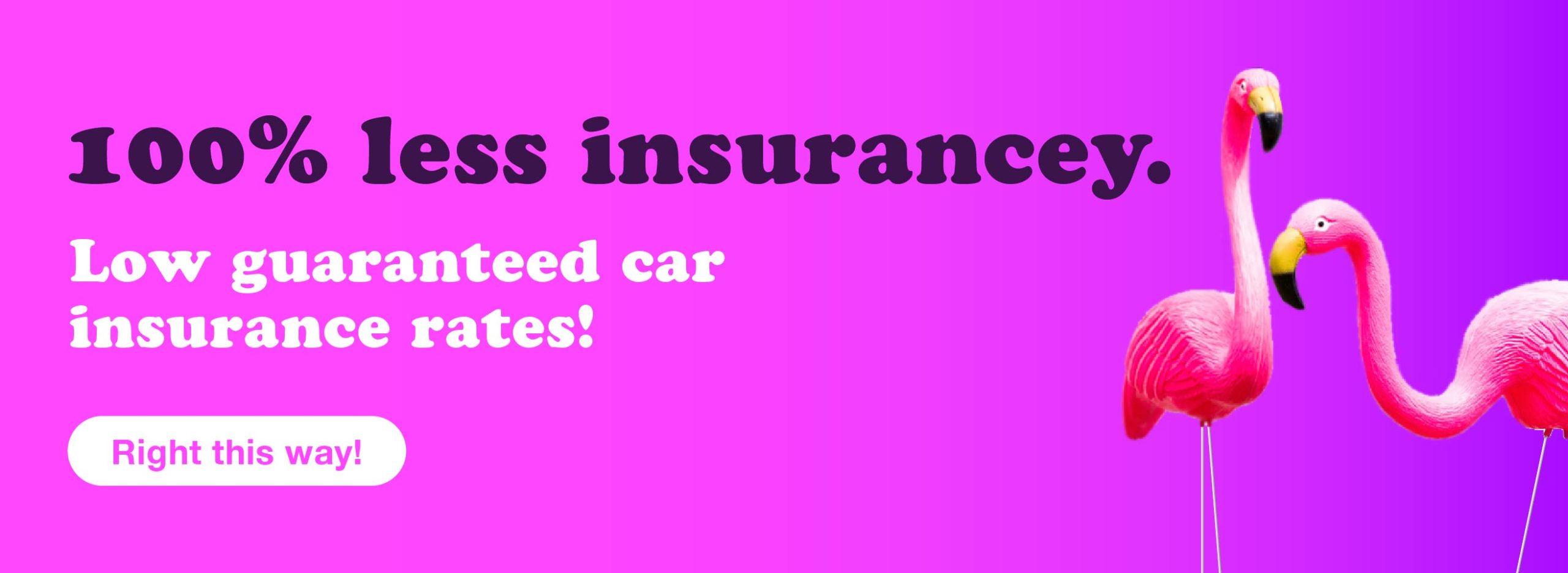It’s okay. Car insurance claims happen, and when they do we’ll be there for you. It may seem like a lot, but remember that you’re not alone. Follow these car accident dos and don’ts to set yourself up for success with the insurance claim process.
Review everything after an accident
The first thing to do in a car accident is to get the other driver’s information. Reviewing everything is one of the most important car accident claims dos and don’ts on the list. If you’re involved in a car accident where you may have been injured or there’s property damage, you need to report it to your insurance agent, broker, or insurance company within seven days, regardless of who is at fault.
At this point, your claim will be opened and you’ll be assigned a claims representative that will be your main point of contact throughout the entire process. In the case of an injury, review your accident benefits. In this overview, we’ll discuss damage to your vehicle.
Work with your claims adjustor
In some cases your claims adjuster will want to meet with you in person. In other cases, the entire claim will be handled over the telephone and/or email. To support your claim, your claims adjuster may also ask you to complete a claim form, also known as a Proof of Loss form (a sworn statement in support of your claim).
Your claims adjuster will determine the extent to which the claim is covered by your insurance policy, and explain the coverage provided by your policy.
How is fault determined?
Someone is always determined to be at fault in a car accident, whether partially or fully (even in a simple parking lot car accident). In Ontario, The Insurance Act and the Fault Determination Rules made under the Insurance Act determine fault for a car accident. They’re in place to help insurance companies provide consumers with prompt claim resolution and consistent treatment.
After your accident is reported, your company will investigate the circumstances and then make a decision based on the Fault Determination Rules.
What will my insurance company pay?
When you make a claim for damages to your vehicle, your insurance company will pay the lower of the following:
- The cost to repair the damage, or
- The “actual cash value” of your vehicle at the time it was damaged.
Your insurance company will not pay more to repair your vehicle than its actual cash value at the time it was damaged, less the deductible specified on your Certificate of Automobile Insurance. If the repair costs exceed the cash value of the vehicle, then the insurer may write off the car and reimburse you in cash.
“Actual Cash Value” (ACV) = The amount necessary to replace your vehicle with a comparable used vehicle. The total mileage, age, overall condition and average retail selling price of your vehicle will all be considered in determining its actual cash value. Applicable sales tax is applied as well.
Who can repair my vehicle?
As long as your insurance company approves the estimate, you may have your vehicle repaired at the repair shop of your choice.
Your insurance company may suggest you bring your vehicle to one of their preferred body shops. You may find using one of those locations easier because it puts the onus on your insurance company to make sure that the work is done satisfactorily (meaning that they will guarantee the quality of the work being performed). You’re free to choose a different shop, but the insurer won’t guarantee the repairs if it’s not on the “preferred” list.
In which cases do I need to pay my deductible?
When you file a claim for damage or loss, the payment made by your insurance company may be subject to a deductible, or the amount of the claim you will be responsible for paying yourself. You can expect to pay your full deductible unless the accident was not your fault or was only partially your fault.
Those are the most important car accident dos and don’ts for most situations, so remember them when it counts!
Want a second opinion on your car insurance policy? Get it in 3 minutes right here.






